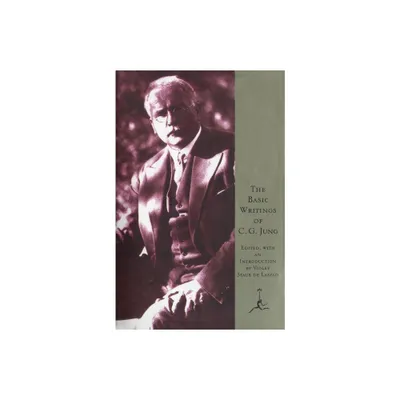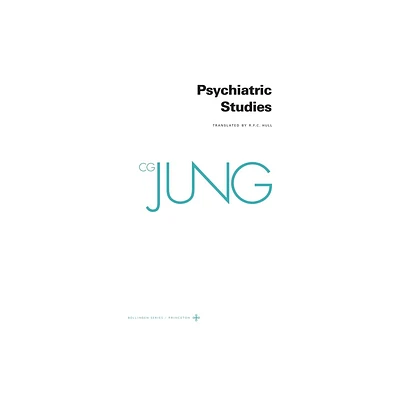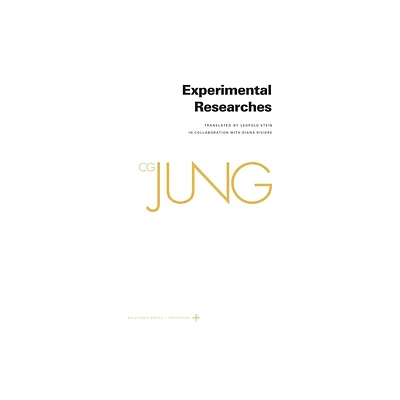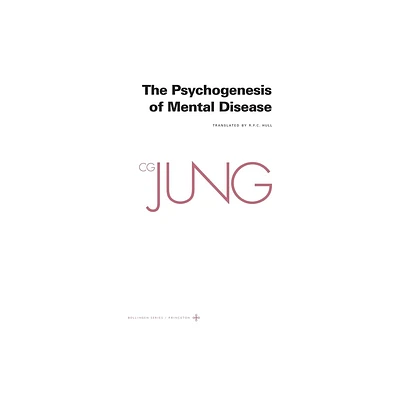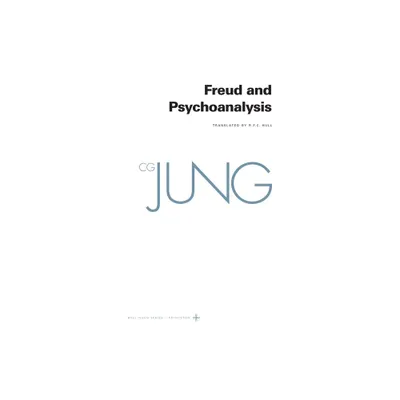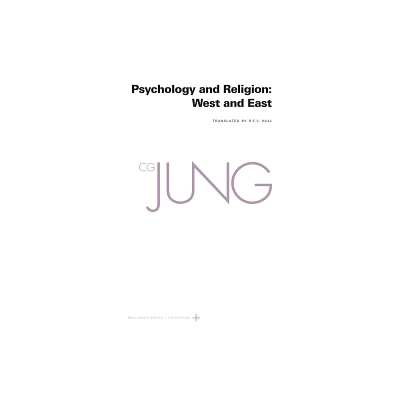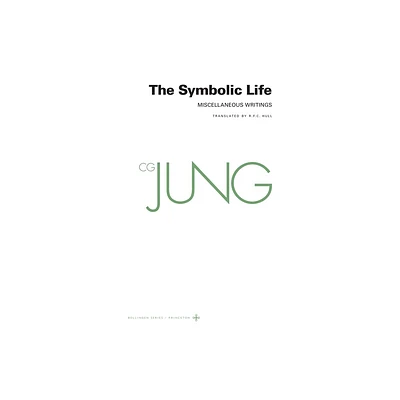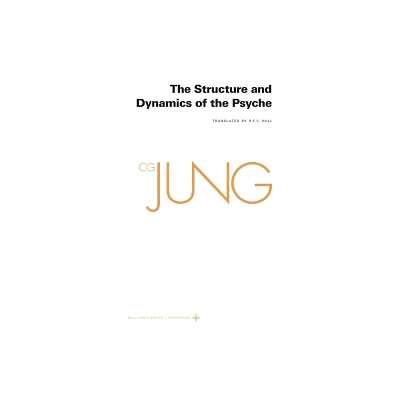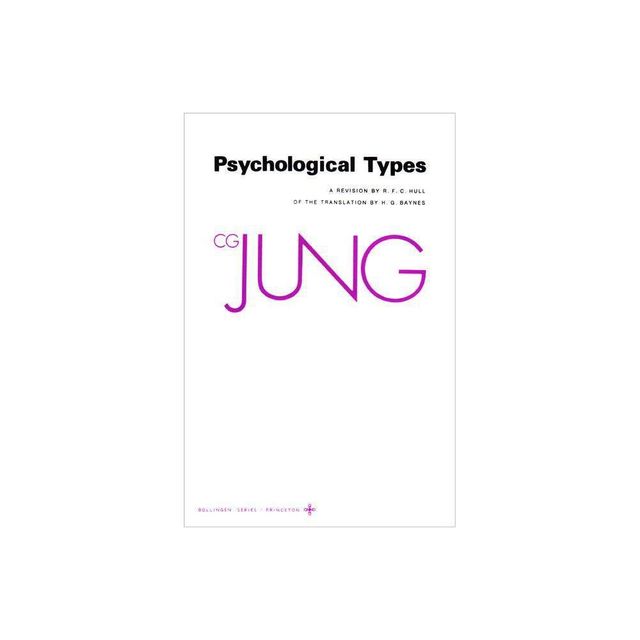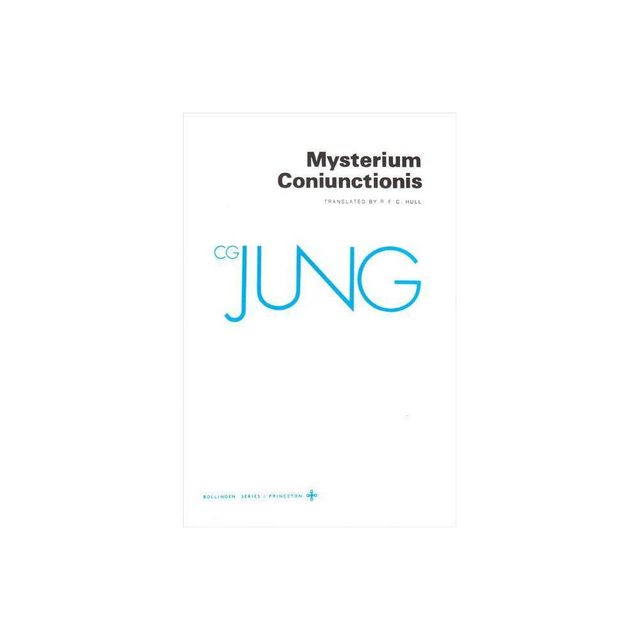Home
the Correspondence of Victoria Ocampo, Count Keyserling and C. G. Jung: Writing to Woman Who Was Everything
Loading Inventory...
Barnes and Noble
the Correspondence of Victoria Ocampo, Count Keyserling and C. G. Jung: Writing to Woman Who Was Everything
Current price: $160.00


Barnes and Noble
the Correspondence of Victoria Ocampo, Count Keyserling and C. G. Jung: Writing to Woman Who Was Everything
Current price: $160.00
Loading Inventory...
Size: Hardcover
*Product Information may vary - to confirm product availability, pricing, and additional information please contact Barnes and Noble
Winner of the 2023 Gradiva Award for 'Best Book'!
The Correspondence of Victoria Ocampo, Count Keyserling and C. G. Jung
centres on two pivotal meetings: Victoria Ocampo and Hermann von Keyserling’s in 1929, and Ocampo and Carl Gustav Jung’s in 1934. The first section of the book chronicles these encounters, which proved to be key moments in the lives of the players and had repercussions both private and public. The later sections consist of the correspondence and other writings that preceded and followed these meetings, translated from French, German, and Spanish, much of it for the first time.
Jung framed Keyserling’s account of the encounter with Ocampo as "one of the most beautiful animus-anima stories I have ever heard." But that story, told here from the three points of view of the pioneering Argentine intellectual, the Baltic German philosopher, and the Swiss founder of analytical psychology, can also be read in the contexts of early-twentieth-century feminism and of gender and sexual politics, of the colonizing European gaze on the Americas, of Argentina and its cultural complexes, of typological impasses, and of Eros and the power of words.
The fraught relationships and power dynamics among three influential figures will be of interest to analytical psychologists, historians of psychological disciplines and of South America, as well as general readers.
The Correspondence of Victoria Ocampo, Count Keyserling and C. G. Jung
centres on two pivotal meetings: Victoria Ocampo and Hermann von Keyserling’s in 1929, and Ocampo and Carl Gustav Jung’s in 1934. The first section of the book chronicles these encounters, which proved to be key moments in the lives of the players and had repercussions both private and public. The later sections consist of the correspondence and other writings that preceded and followed these meetings, translated from French, German, and Spanish, much of it for the first time.
Jung framed Keyserling’s account of the encounter with Ocampo as "one of the most beautiful animus-anima stories I have ever heard." But that story, told here from the three points of view of the pioneering Argentine intellectual, the Baltic German philosopher, and the Swiss founder of analytical psychology, can also be read in the contexts of early-twentieth-century feminism and of gender and sexual politics, of the colonizing European gaze on the Americas, of Argentina and its cultural complexes, of typological impasses, and of Eros and the power of words.
The fraught relationships and power dynamics among three influential figures will be of interest to analytical psychologists, historians of psychological disciplines and of South America, as well as general readers.

